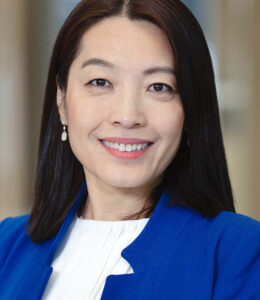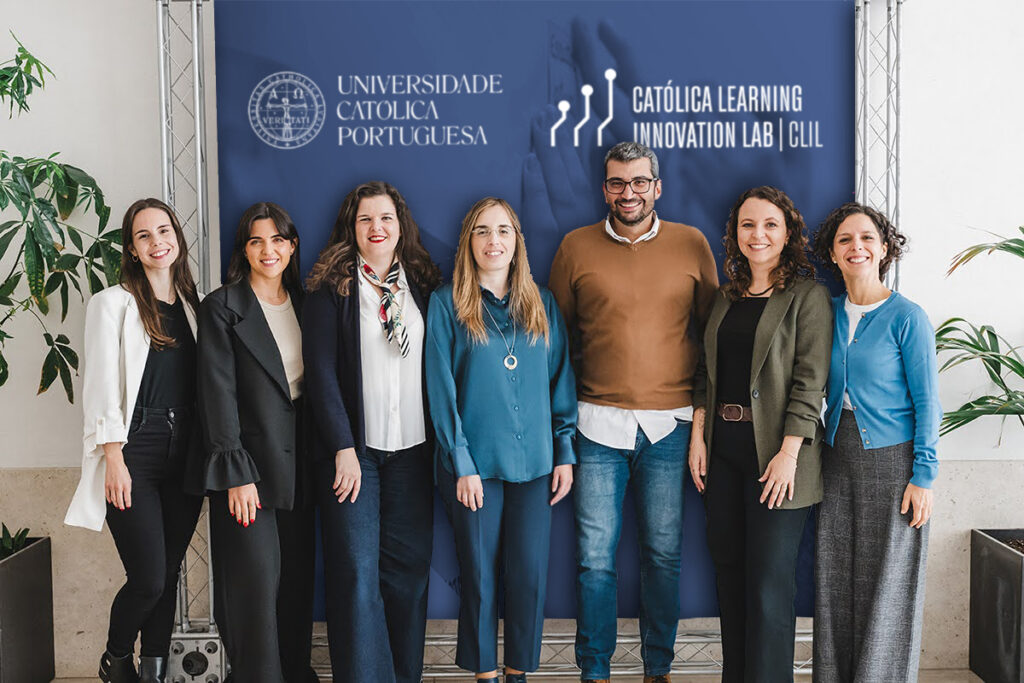PAEE/ALE'2025 - International Conference on Active Learning in Engineering Education
Title of the talk: Do good intensions to pedagogical change lead to actual improvement of student learning? How to connect these through meaningful teacher learning.

Xiangyun Du, Ph.D., is a Professor and Director at the UNESCO Centre for Problem and Project-Based Learning at Aalborg University, Denmark. Her research focuses on educational transformation through Problem-Based and Project-Based Learning methodologies in diverse social, cultural, and educational contexts. Prof. Du has extensive experience across engineering, STEM, teacher education, business, language teaching, and health education. She specializes in intercultural perspectives, curriculum and pedagogical development, faculty/staff development, and gender studies. She has worked extensively with educators across more than 30 countries, fostering significant pedagogical innovation. Recently, Prof. Du has supported the establishment of teaching and learning centres in multiple institutions. She has also led initiatives of educational change programs using complexity theory and systems-thinking approaches to support institutional transformation and empower educators as effective agents of change. She has authored over 280 publications, including monographs, journal articles, edited volumes, book chapters, and conference papers. Prof. Du is actively involved in editorial roles, including as Associate Editor for the European Journal of Engineering Education.
Her Google profile is available at https://scholar.google.com/citations?user=2Lf13qQAAAAJ&hl=en,
SCOPUS profile is available at https://www.scopus.com/authid/detail.uri?authorId=35333877900
Title of the talk: Behind the Scenes: Inside Faculty Professional Development Centre for Active Learning in Higher Education
The CLIL | Católica Learning Innovation Lab, founded in 2021 at Universidade Católica Portuguesa (Portugal), is an interdisciplinary centre dedicated to advancing pedagogical innovation in Higher Education. Informed by design-based research and by the principles of the Scholarship of Teaching and Learning (SoTL), CLIL provides a collaborative platform for exploring, testing, and refining innovative teaching and learning practices. It promotes faculty development by empowering educators to lead the transformation of educational models. The lab fosters collaborative engagement across academic disciplines, supporting faculty in the co-creation and implementation of transformative pedagogical approaches. Through a wide range of faculty development initiatives, CLIL empowers faculty to design flexible, student-centred learning environments that promote lifelong learning and drive meaningful and sustainable change in teaching and learning.

Title of the talk: Unlocking Teamwork: Empathy in Action

Dr. Jamie Gurganus is an Assistant Teaching Professor in the Engineering and Computing Education Program and the Associate Director of STEMed Research in the College of Engineering and Information Technology at UMBC. She also serves as the Director for the Center for the Integration of Research, Teaching and Learning (CIRTL) in the Graduate School and is a Faculty Fellow for the Alex. Brown Center for Entrepreneurship. Her work focuses on the development of engineers, educators, and communities from P–12 through post-graduate levels, with expertise in engineering identity, global and entrepreneurial competencies, failure culture, first-year experiences, and capstone design. She is committed to innovative teaching practices, including gamification and hands-on, authentic learning and collaborates globally on STEM education initiatives. Dr. Gurganus serves on the national leadership board for CIRTL, is Program Chair and Co-Chair for the American Society for Engineering Education, and serves on several UMBC boards—including the Council for Global Engagement.
Her leadership and mentorship have been recognized with numerous honors, including a Presidential Award from the International Federation for Engineering Education Societies and an Erasmus Plus award in collaboration with Portugal. A prolific contributor to the field, she has developed curricula, published scholarly works in national and international spaces, and co-founded Advancing Engineering Excellence in P–12 Engineering Education—an initiative that led to the creation of the P12 Engineering Learning Framework. Dr. Gurganus also serves on the Editorial Board for the Journal for Educational Research Methods with Tsinghua University in China, and her dynamic teaching portfolio ranges from first-year courses to senior and multidisciplinary capstone experiences, including a multidisciplinary COIL course in Global Engineering course involving partners in Brazil, Portugal, and Germany.
